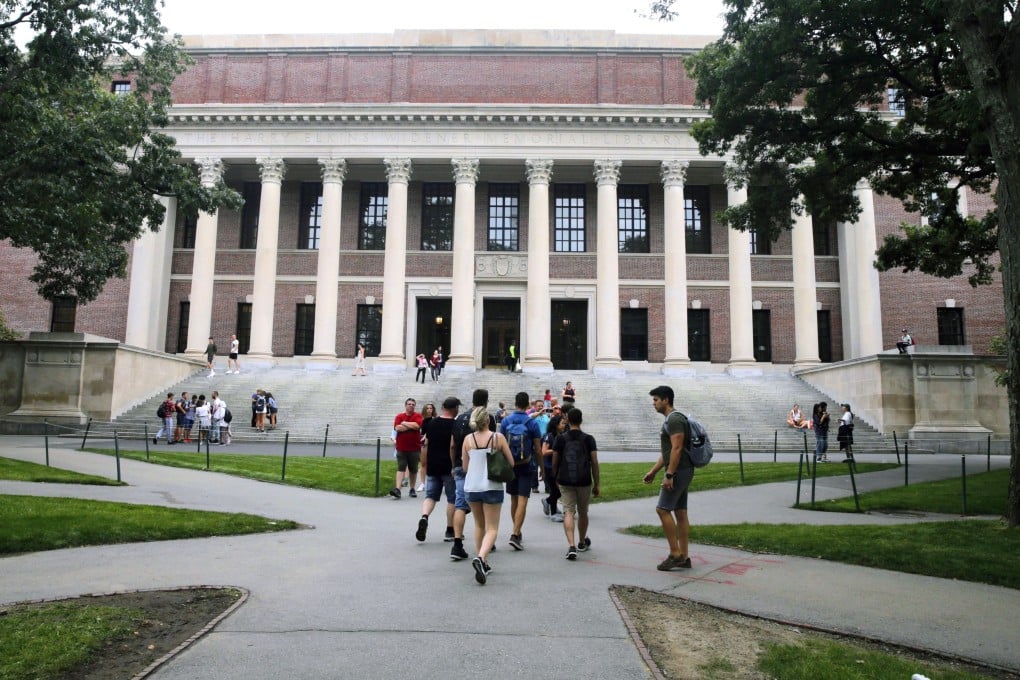Opinion | Horrors of taxes and social justice await Hongkongers fleeing to the West
- Do Hong Kong residents who are leaving the city, or contemplating doing so, know what is really happening in their future homes?
- Rampant government spending, red tape and demands for equity and social justice threaten to ruin the new life émigrés are seeking

Moving to the West in the 1980s and 1990s was considered peak social status for anyone lucky enough to get the green light to emigrate. Rule of law, affordable housing, freedom to travel, high-quality education and capitalism achieved through a meritocratic system drew immigrants to English-speaking liberal democracies.
Let’s get the top issue out of the way first: taxes. Every one of the Five Eyes nations – Canada, the United States, Australia, New Zealand and Britain – have embraced heavy layers of socialism despite government spending becoming out of control.
Even before the coronavirus pandemic, these countries ran perpetual deficits and had incurred huge debts to pay for anything that would get parties the votes needed to take power or stay in power. The United States’ debt at the end of financial year 2019 was US$22.7 trillion. In Canada it was more than C$1 trillion (US$798 billion).


